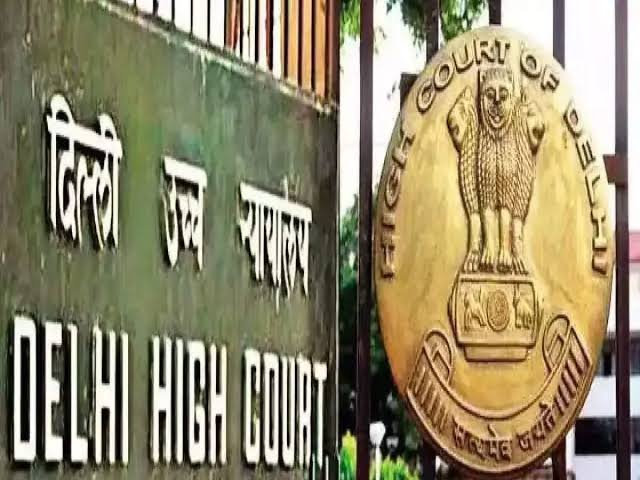Delhi High Court is also on board with a landmark judgement on service charges, where it said that the restaurants cannot make service charge mandatory on food bills. This verdict is a reflection of stance put forth by Central Consumer Protection Authority (CCPA), which is aimed at protecting consumer in hospitality.
Here are the major takeaways:
Ruling Details:
- The restaurant associations had approached Delhi High Court challenging the CCPA guidelines
- Rejects CCPA’s guidelines — the trial court stressed service charges are contingent and must depend on consumer willingness to pay.
Such charges were called “odious to consumer rights” and “unfair trade practice” should be done away with, the CCI had ruled.
The court also imposed a fine of rupees one lakh each to the 2 restaurant bodies, the fund will ultimately move the finance for consumer welfare.
Also check:- Indian Hospitality Body FHRAI Objects to Agoda Policy Changes
CCPA Guidelines
The court upheld the CCPA guidelines (declared by courts earlier too) here already that Restaurants do not add up service charges compulsorily on food bills.
- Restaurants have to let the consumer know that service charges ( as per scale) are optional.
- You cannot prevent entry or denial of service on service charge receipts
- The service charge cannot be added onto the bill, and then charged with GST from there.
Impact on Consumers :
- In this is great landmark judgement as far as consumers are concerned, so now no one will be able to compel them to pay a service charge which they do not want to.
- It makes the illogical and exploitative gray area disappear
Restaurant Association Arguments:
Restaurant associations claimed there was no statute preventing service charges from being imposed.


